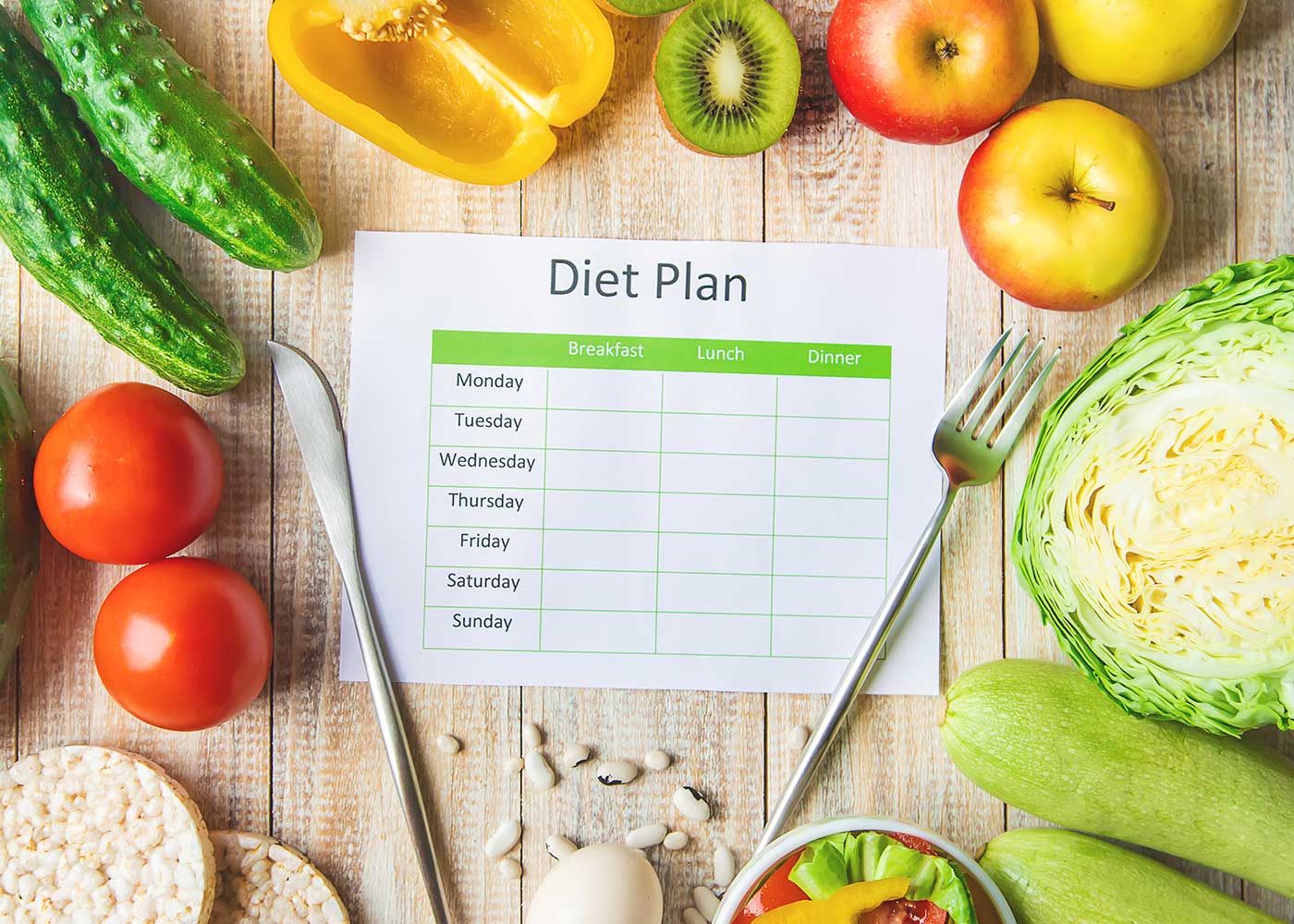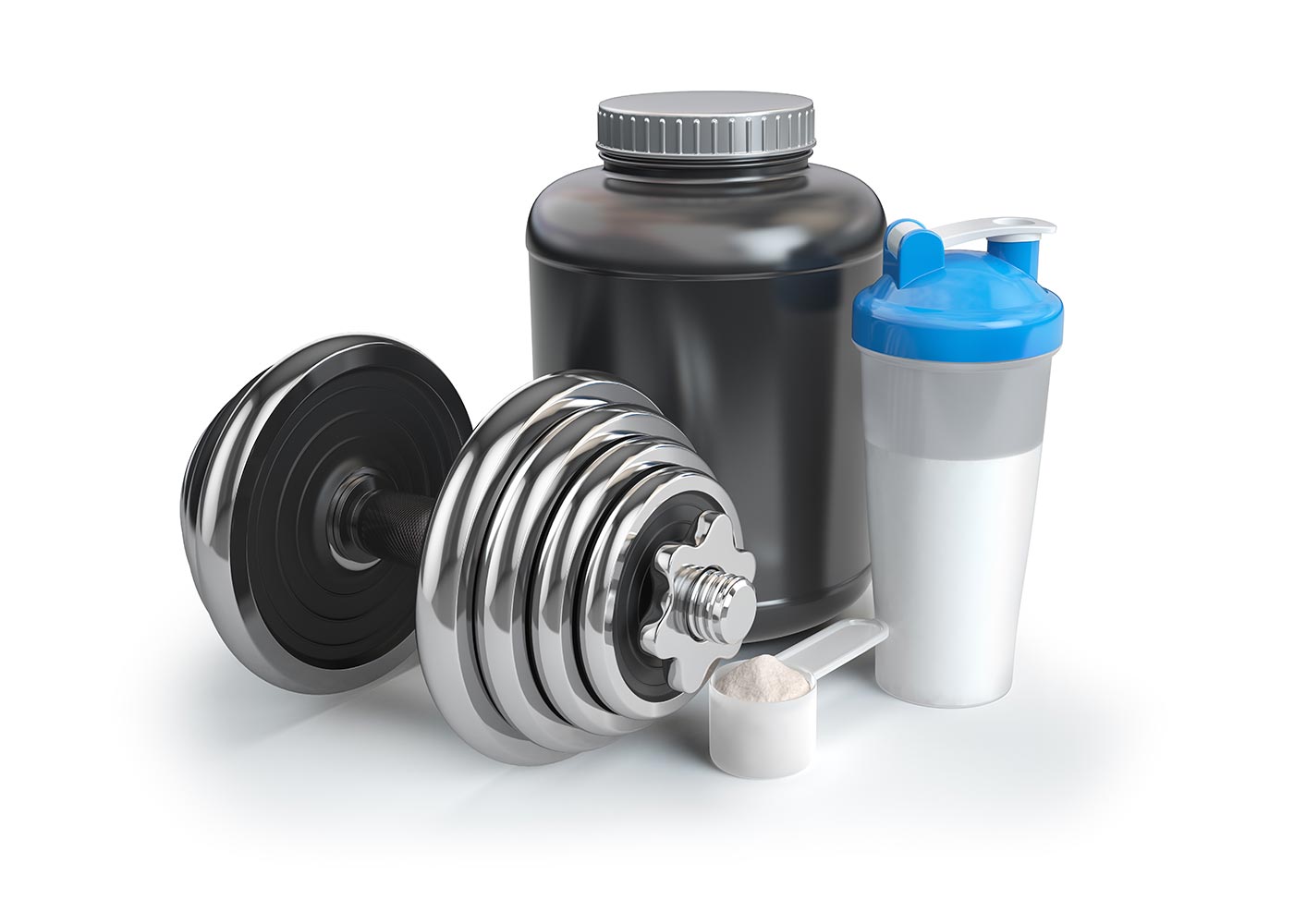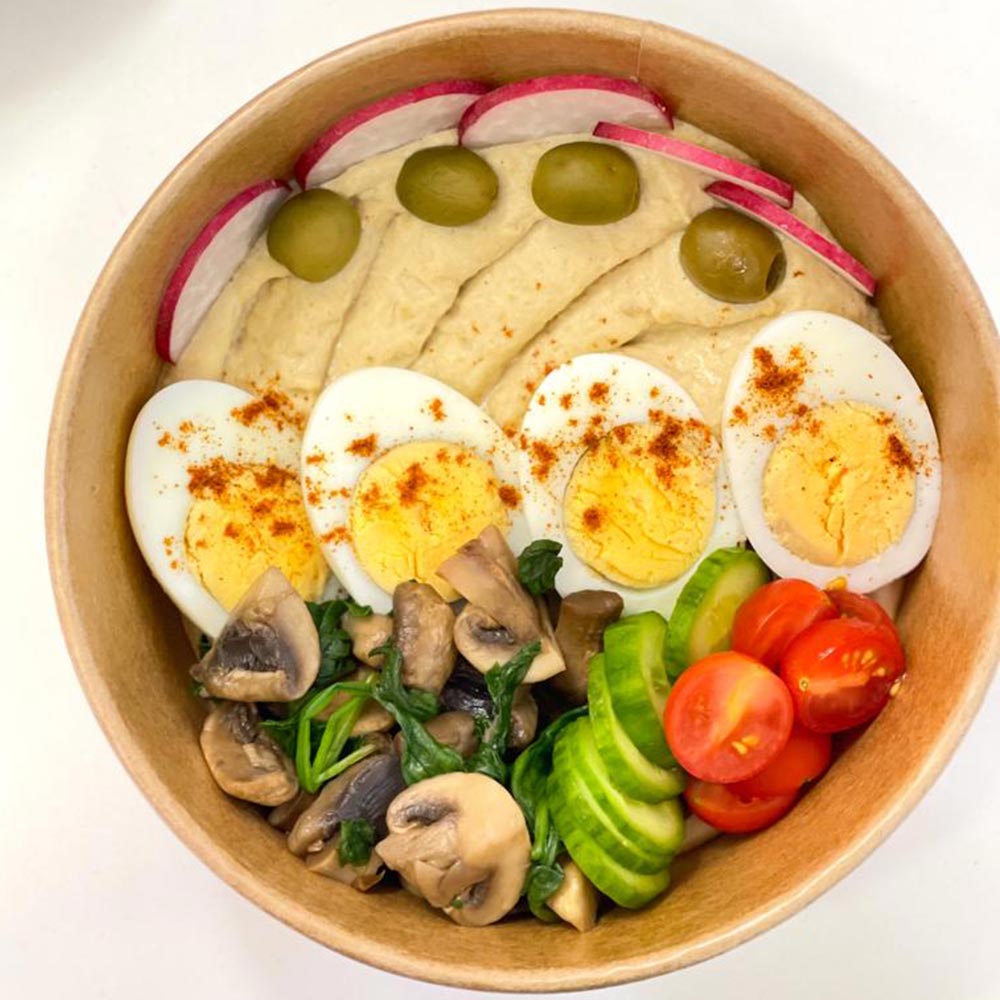While there are many reasons to the motives on picking a
diet change, this process could involve a variety of modifications to a
person's eating habits, including increasing or decreasing the intake of
certain types of food, such as protein, carbohydrates, fats, and fiber, as well
as changing the portion sizes of meals and snacks.
A diet change may also involve increasing or decreasing the
consumption of specific nutrients, such as vitamins and minerals. These and
more will be highlighted in today’s post on why diet change could be a hurdle.
What is diet change?
A diet change refers to an intentional shift in the types
and amounts of food and drinks that a person consumes. This change can be made
for a variety of reasons, such as to improve overall health, manage a medical
condition, lose weight, or address nutritional deficiencies.
Diet changes can be temporary or long-term and can be
gradual or sudden. For example, someone may choose to gradually reduce their
intake of sugar and processed foods over several weeks, or they may decide to
adopt a plant-based diet or go on a low-carb diet right away.
Could diet change be a hurdle?
Yes, a diet change can sometimes be a hurdle for people,
particularly if the change is significant or requires a major adjustment to
their eating habits. Here are some reasons why people may find it challenging
to change their diet:
1. Taste preferences: People may have a strong attachment to
certain foods or taste preferences that make it difficult to switch to
healthier options.
2. Convenience: It can be challenging to find the time to
shop for and prepare healthy meals, particularly if a person has a busy
schedule.
3. Social pressure: People may feel pressure to conform to
the eating habits of their friends or family members, or they may be hesitant
to try new foods in social situations.
4. Cost: Healthy food options can sometimes be more
expensive than less healthy options, which can be a barrier for people on a
budget.
5. Lack of knowledge or skills: Some people may not have the
knowledge or skills needed to plan and prepare healthy meals, which can make it
difficult to make a successful diet change.
Despite these hurdles, a diet change can be a beneficial and
worthwhile endeavor for many people. It's important to take a gradual and
sustainable approach to change your diet, focusing on small changes that you
can stick with over time.
Working with a registered dietitian or healthcare
professional can also provide guidance and support as you make changes to your
eating habits
Are there essential things that must be consumed despite a diet change?
Certain essential nutrients should be included regardless of
a person's diet, as they are essential for maintaining overall health and
well-being. These essential nutrients include:
1. Protein: Protein is essential for building and repairing tissues
in the body, as well as for maintaining healthy muscles, bones, and skin. Good
sources of protein include meat, poultry, fish, dairy products, legumes, nuts,
and seeds.
2. Carbohydrates: Carbohydrates are an important source of
energy for the body, particularly for the brain and muscles. Good sources of
carbohydrates include whole grains, fruits, vegetables, and legumes.
3. Healthy fats: Healthy fats are important for brain
health, hormone production, and overall cellular function. Good sources of
healthy fats include fatty fish, nuts, seeds, avocados, and olive oil.
4. Fiber: Fiber is important for digestive health, as well
as for maintaining healthy cholesterol levels and blood sugar levels. Good
sources of fiber include fruits, vegetables, whole grains, and legumes.
5. Vitamins and minerals: A wide variety of vitamins and
minerals are essential for overall health, including vitamins A, C, D, E, and
K, as well as minerals such as calcium, magnesium, and iron. These nutrients
can be found in a variety of foods, including fruits, vegetables, whole grains,
dairy products, and lean protein sources.
Conclusion
Regardless of any specific diet, it's important to consume a
balanced and varied diet that includes a range of nutrient-dense foods to
ensure that the body is getting all the essential nutrients it needs to
function properly.
Also, it is best advised to consult with a healthcare
professional or registered dietitian before making any significant diet changes
to ensure that the change is safe and appropriate for the individual's health
status, medical history, and nutritional needs.
For more on Healthy Meal Plans, please visit our Plans and Diets Page.






























